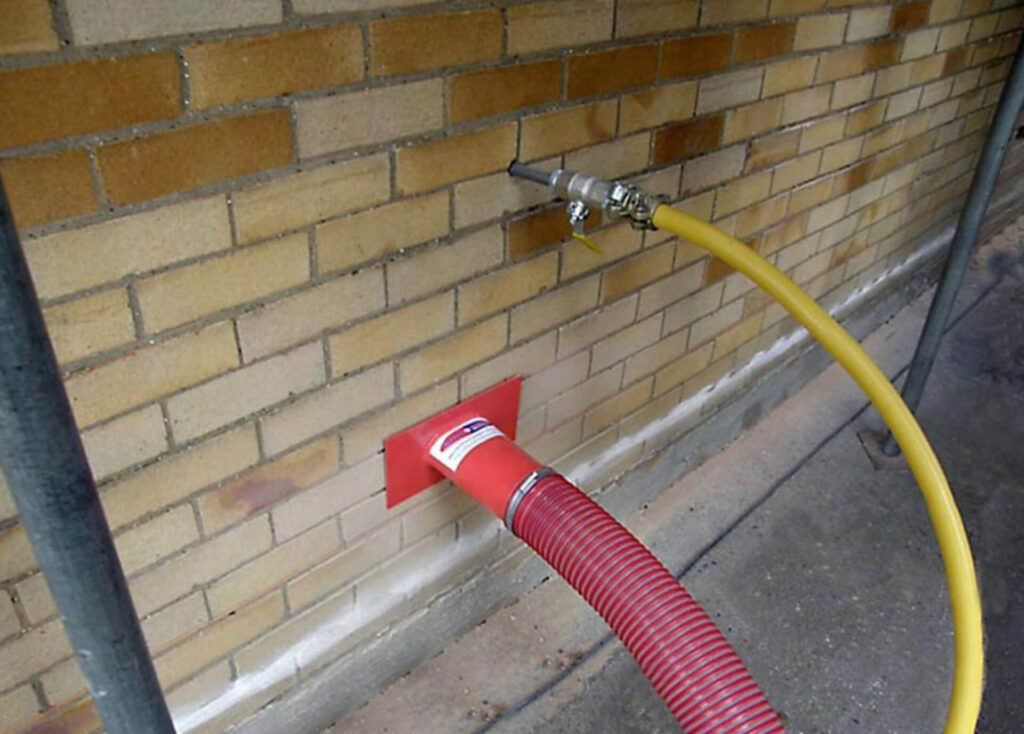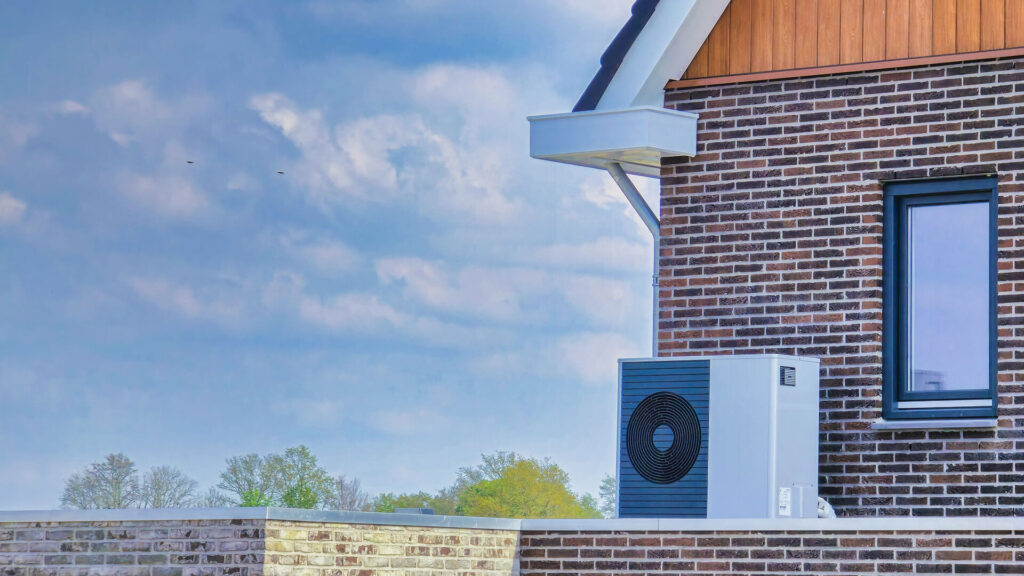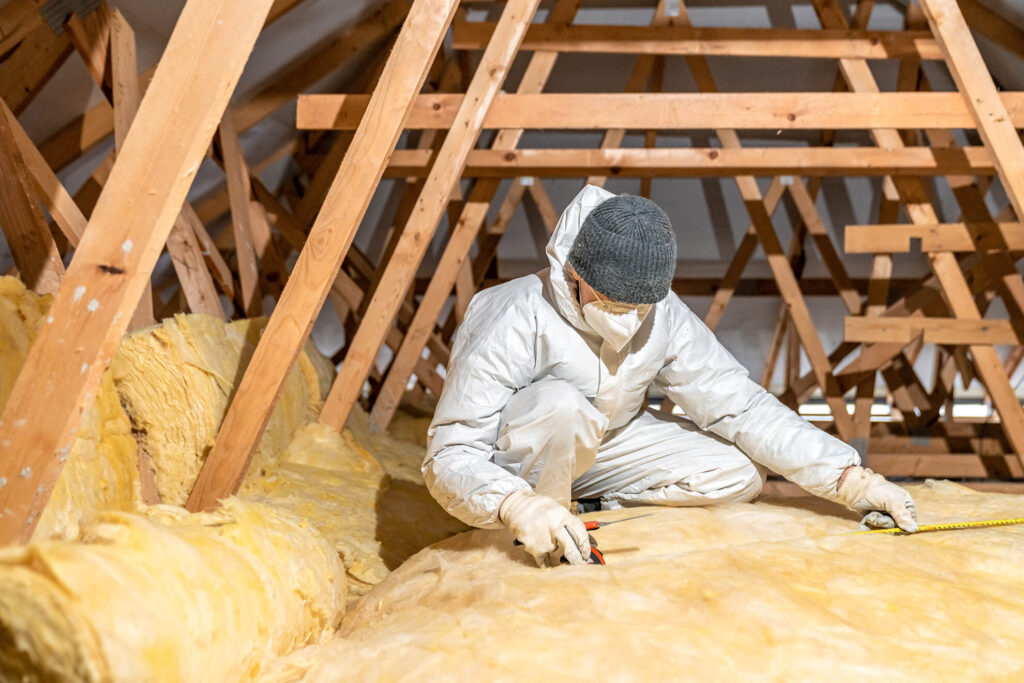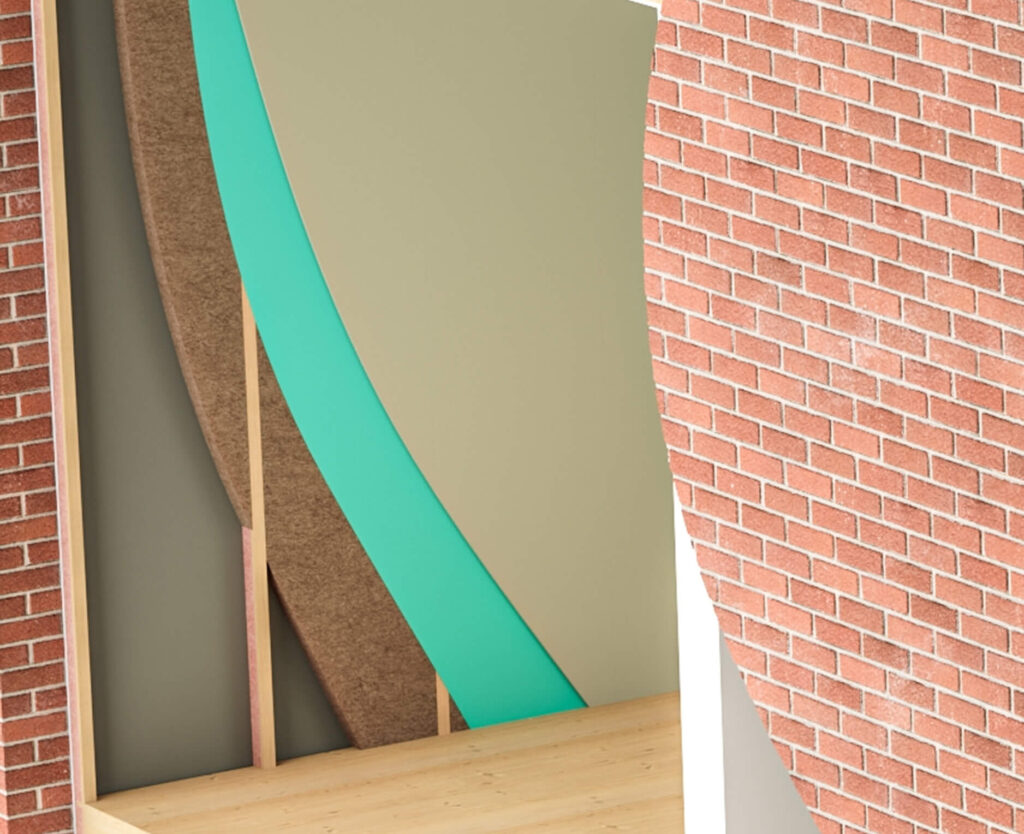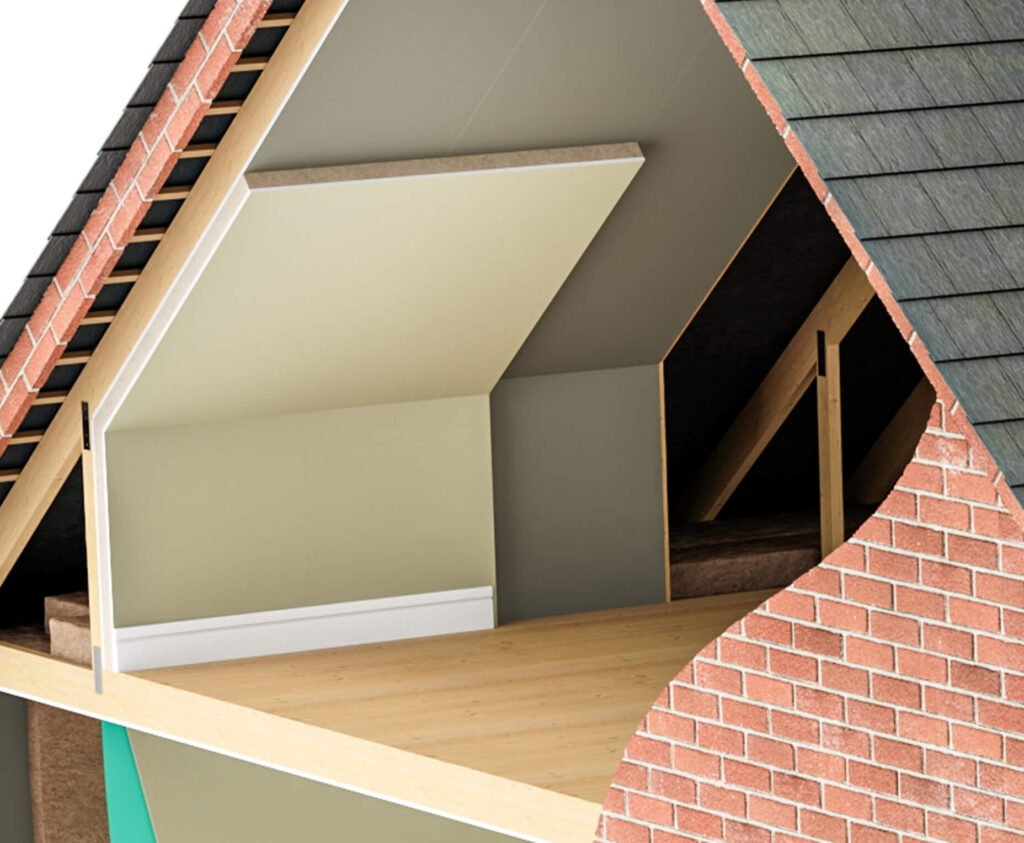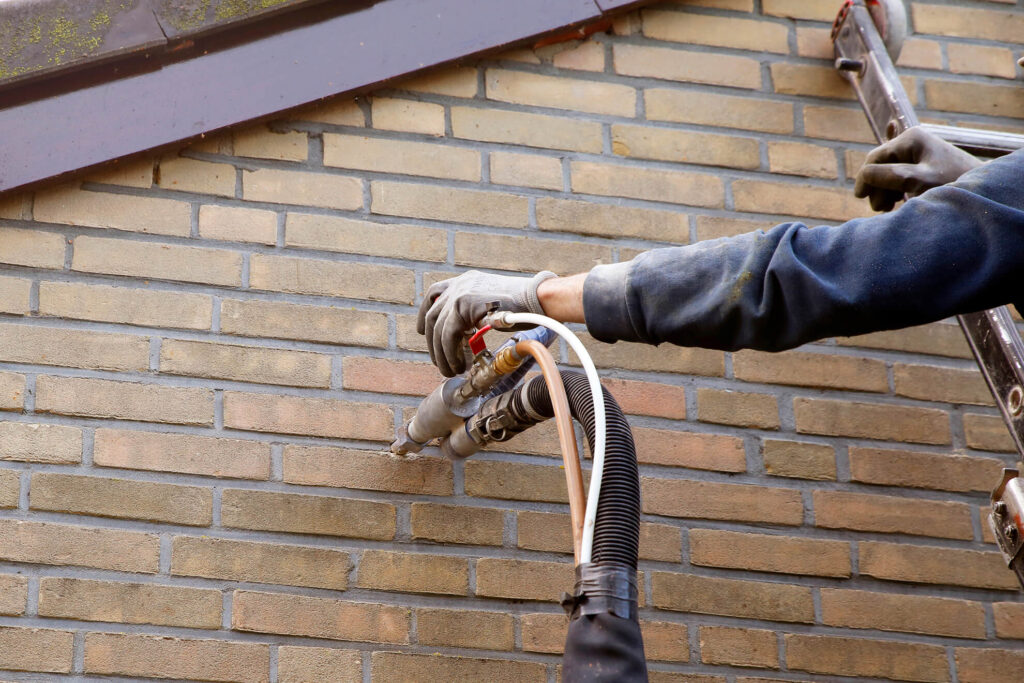Over 1.5 million homes in the UK are benefiting from the use of solar power – a significant rise in the number of homes using Solar PV panels, a renewable energy source. This uptick is primarily due to both environmental concerns and the introduction of economic incentives over recent years, like the solar power grants and current ECO4 funding, which is in place to assist households with the installation of renewable energy sources.
If you’re new to renewable energy, or are looking to make your home more energy efficient and keen to understand how solar at home works, we explore why fitting solar PV panels on your property might work for you.
What are solar PV panels?
Solar PV refers to photovoltaic (PV) panels, which are devices that convert sunlight into electricity. You will often see ‘Solar PV’ written, which stands for photovoltaic – the technology behind this renewable form of energy generation. Solar PV systems are often composed of several solar-powered panels, which are most commonly mounted on the roof of a property. They use energy from the sun and convert it into electricity, which can be used throughout your home.
How do solar PV panels work?
If you’re new to the world of renewable energy, the technology behind it can seem quite daunting at first, but simply put, photovoltaic (PV) materials convert sunlight into energy using special panels. Here we explain how solar panels work in three easy steps.
Solar panels comprise multiple solar cells
These solar cells are made from semiconductor materials such as silicon. When sunlight hits these cells, activating the electrons within the semiconductor material, it creates an electric current known as the photovoltaic effect, and an electric field is generated across the layers, producing electricity called direct current (DC) electricity.
Direct current (DC) electricity
The solar panels produce DC electricity. This must be converted into a different form of electricity called alternating current (AC) electricity, which is suitable for our homes’ appliances. This occurs via an inverter, allowing electricity from the solar panels to flow and power our home and business devices.
The generated electricity can be used immediately
Enjoy the generated electricity instantly for your day-to-day power requirements such as lighting, electrical appliances, and devices. If not immediately required, it can be stored for later use in batteries or fed back into the grid, where you can earn credits or payments through government schemes, effectively reducing your energy bills.
Which properties are suitable for solar PV panels?
If you’re considering having Solar PV panels installed on your property, there are certain key elements that need to be taken into consideration. It is worthwhile scheduling a full home suitability assessment for your property. Here’s a brief overview of useful information to know.
Roof orientation
While Solar PV can be installed on any roof elevation, it is worth noting that south-facing elevations will generate more electricity as they receive more solar energy throughout the day than other elevations.
Roof pitch
Do you have a flat roof or a pitched roof? With a 30–40-degree tilt for the panels being the optimal tilt, you may need to consider alternate mounting for your panels in the case of a flat roof.
Space
You will need a minimum of 20 m² of roof space that is not shaded, nor blocked by trees or other structures, to get the best from solarpanel installation.
Structural condition
Ensure your roof is in good condition to support Solar PV panels and can withstand the necessary load.
Property restrictions
If your property is a listed building or if you live in a conservation area, you will need to check if there are any restrictions on altering the exterior of your property.
4 Benefits of installing solar PV panels in the UK
Save money
Lower your electricity bills over time and your reliance on grid-supplied power by going solar. Many government grants and incentives are available, which can result in zero cost to the occupant for rooftop solar. Families can expect annual savings of up to £500 on their energy bills.
Lower environmental impact
Lower your carbon footprint and play an active role in a greener future by harnessing sunlight with fitted solar panels. Solar energy produces zero greenhouse gas emissions, releasing no harmful pollutants during operation, making it a renewable energy source.
Reduce energy price fluctuations
Fitting solar panels on your property means you have less reliance on the energy grid and external factors that can affect energy supply and pricing, ultimately protecting you from rising energy prices.
Longevity
Solar panels that are regularly serviced can expect a lifespan of 25 to 30 years. Requiring minimal upkeep after installation, you can rely on this reliable source of energy generation for decades to come.
How much does it cost to fit solar PV panels?
Like any quote, the price will depend on several factors, including the size of the system being fitted. These range from 3kW (7-8 panels) to a 4kW system of around 10 panels, for bigger properties. There is also the question of whether you would like to have battery storage added, allowing you to store any unused solar energy for later use. Taking all these factors into consideration, you can currently expect to pay anywhere between £4,000 and £10,000. This does not take into account any possible government initiatives or funding you may be eligible for.
Government grants to support the installation of solar PV panels
The UK Government wants to encourage renewable energy across UK households and has been rolling out various support via its UK Energy Grants schemes and incentives to assist in its commitment to reducing carbon emissions and achieving net zero by 2050.
Launching the UK Solar Roadmap, the government is laying out the roadmap to achieving its Clean Power 2030 target.
Chris Stark, Head of Clean Power 2030, states: “Clean Power 2030 is the next stage, our ambitious but achievable mission to grow Britain’s clean energy infrastructure, reduce Britain’s dependency on imported oil and gas, secure key industries and ready the country for the growth in electrical demand over the next 20 years.”
There are initiatives from the government to assist with the cost of installing solar roof panels. While these focus mainly on low-income households, where you live and what type of property you live in could make you eligible for alternative grants.
ECO4 scheme
The Energy Company Obligation scheme is set to end on 31st March 2026 and can help fund solar panels in electrically heated homes. Eligibility is focused on households where at least one person receives a qualifying benefit.
Zero VAT on solar PV panels
The supply and installation of solar panels on private homes is exempt from VAT if a business supplies and installs the solar panel.
If you’ve been considering switching to a renewable energy source, contact SmartStone today to schedule a Home Energy Audit.
